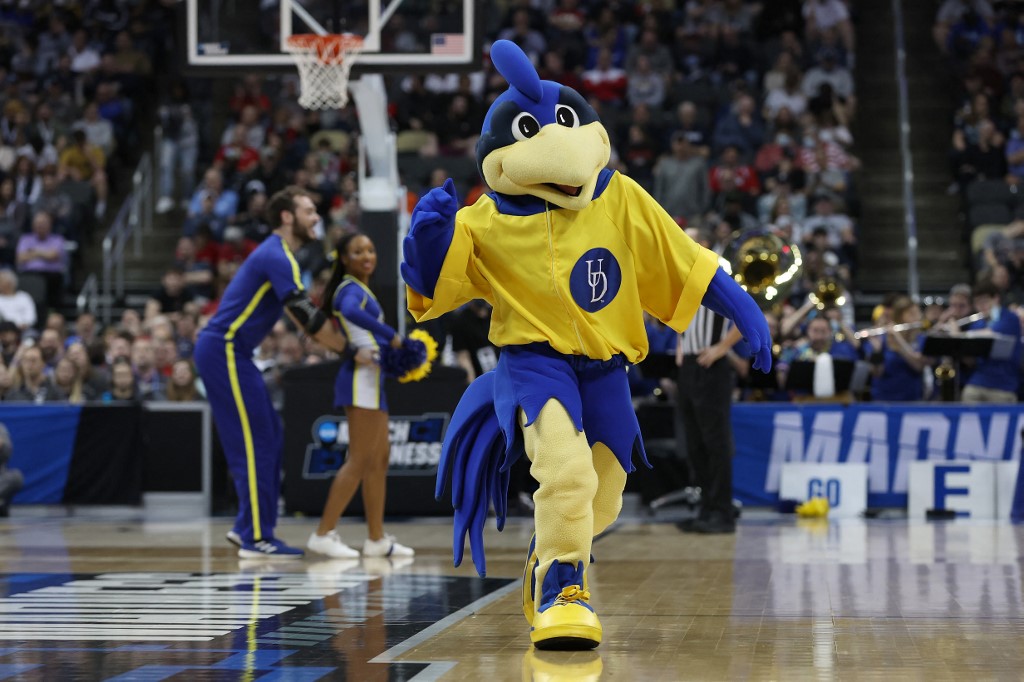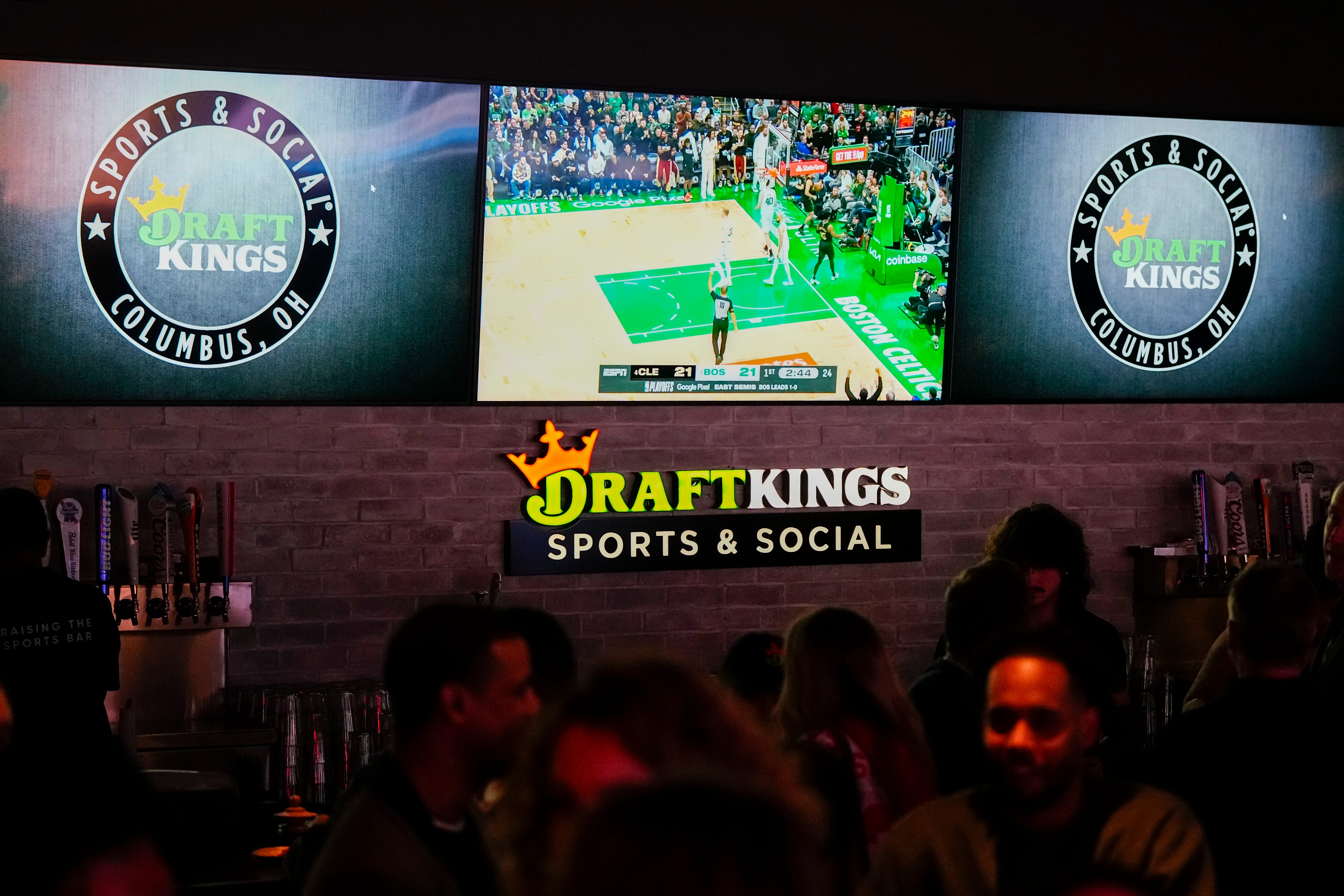Delaware Expands Sports Betting to Include Mobile Sports Betting Apps

Delaware has recently revamped and modernized its legal sports betting platform that was established in 2018, setting the stage for improved access to top sports betting apps in the future.
Delaware quietly introduced its first mobile sports betting and iGaming operator on Wednesday, December 27th, with little promotion beforehand.
After six months of efforts, Rush Street Interactive (RSI) and its BetRivers brand finally launched the first Delaware sports betting app last week, thanks to an exclusive contract with the Delaware Lottery.
The debut of BetRivers’ mobile platform in the Delaware sports betting market has potentially paved the way for other sports betting sites in the state to launch. In early December, the Internet Sports Lottery Legislative Working Group published a report highlighting the advantages of expanding such platforms in Delaware.
BetRivers takes Delaware
After becoming the official vendor for online gaming of the Delaware State Lottery in August, Rush Street Interactive has launched its mobile BetRivers platform in Delaware.
From the signing of the August contract, it took six months for their sports betting brand to officially launch in the state. The mobile launch was understated, lacking the usual fanfare that accompanies a sportsbook launching in a U.S. jurisdiction.
For now, BetRivers will be the sole online sports betting choice for Delaware bettors. The agreement with the Delaware Lottery is set to last for five years, with the possibility of renewal after that period.
BetRivers is a well-known brand in the mid-Atlantic region of the United States, operating in New Jersey, Pennsylvania, Maryland, Virginia, and West Virginia. The company has expanded its sports betting offerings to 14 states nationwide.
A little history of Delaware’s sports betting industry
In 2018, Delaware became the first new state in America to introduce a legal sports betting platform after the Supreme Court overturned the Professional and Amateur Sports Protection Act (PASPA).
Delaware unveiled a retail-only sports betting platform in June 2018, but it wasn’t until last week that more profitable and convenient online sports betting sites were made available to residents.
Delaware was the first state to welcome retail sports wagering, but came in as the 29th state to introduce online sports betting sites.
Since 2018, Delaware regulators and residents have witnessed a significant increase in wagering activity and tax revenue generated from online sports betting industries in neighboring states such as New Jersey, Pennsylvania, Virginia, Washington D.C., and Maryland.
What an expanded legal sports betting platform means for Delaware
The Delaware House Internet Sports Lottery Legislative Working Group has created recommendations and expectations for a larger legal sports betting platform in the state. Some of these recommendations may lead to direct competition with their own Lottery and potentially impact the agreement with Rush Street Interactive.
One of the most significant aspects to consider is the financial implications of a broader legal sports betting platform, which includes various mobile providers.
Eilers & Krejcik, a well-known gaming research company, estimates that $30.7 million in tax revenue could be generated for Delaware state and local coffers over the next five years. This could potentially increase to as much as $9 million annually thereafter.
Additional suggestions from the Working Group to enhance the platform in Delaware include implementing a state online sports lottery, safeguarding the state’s horse racing sector (potentially connecting to a future legal mobile sports betting service), and increasing support for problem gambling resources within the state.
The group’s final recommendations highlighted the negative impact of not having online sports wagering in Delaware compared to neighboring states. They pointed out that there have been several failed attempts to place online bets in Delaware, resulting in lost revenue for the state. Additionally, they noted that having multiple online operators in surrounding states has led to a higher volume of wagering and online usage. The group recommended that online operators should be connected to existing video lottery agents in order to maximize revenue.







